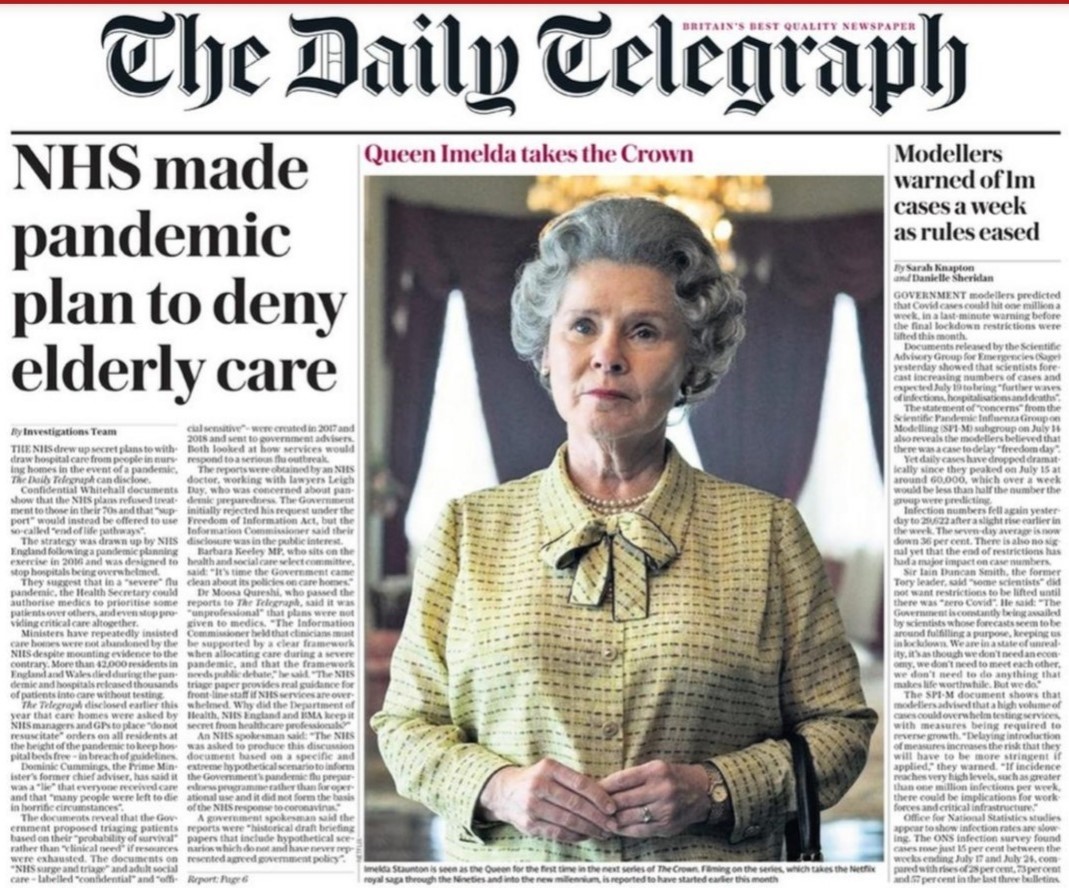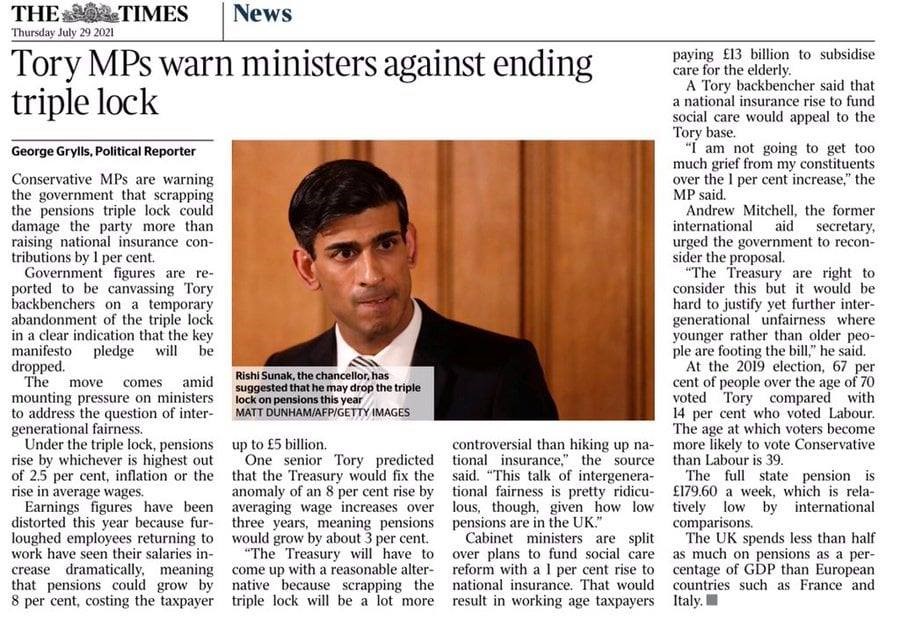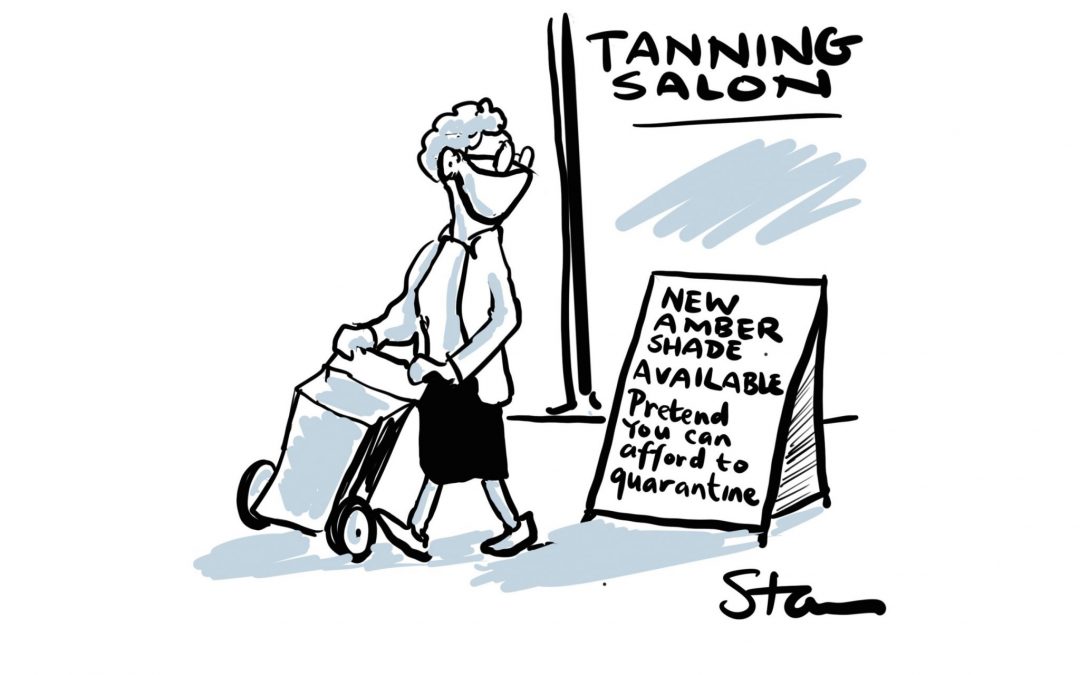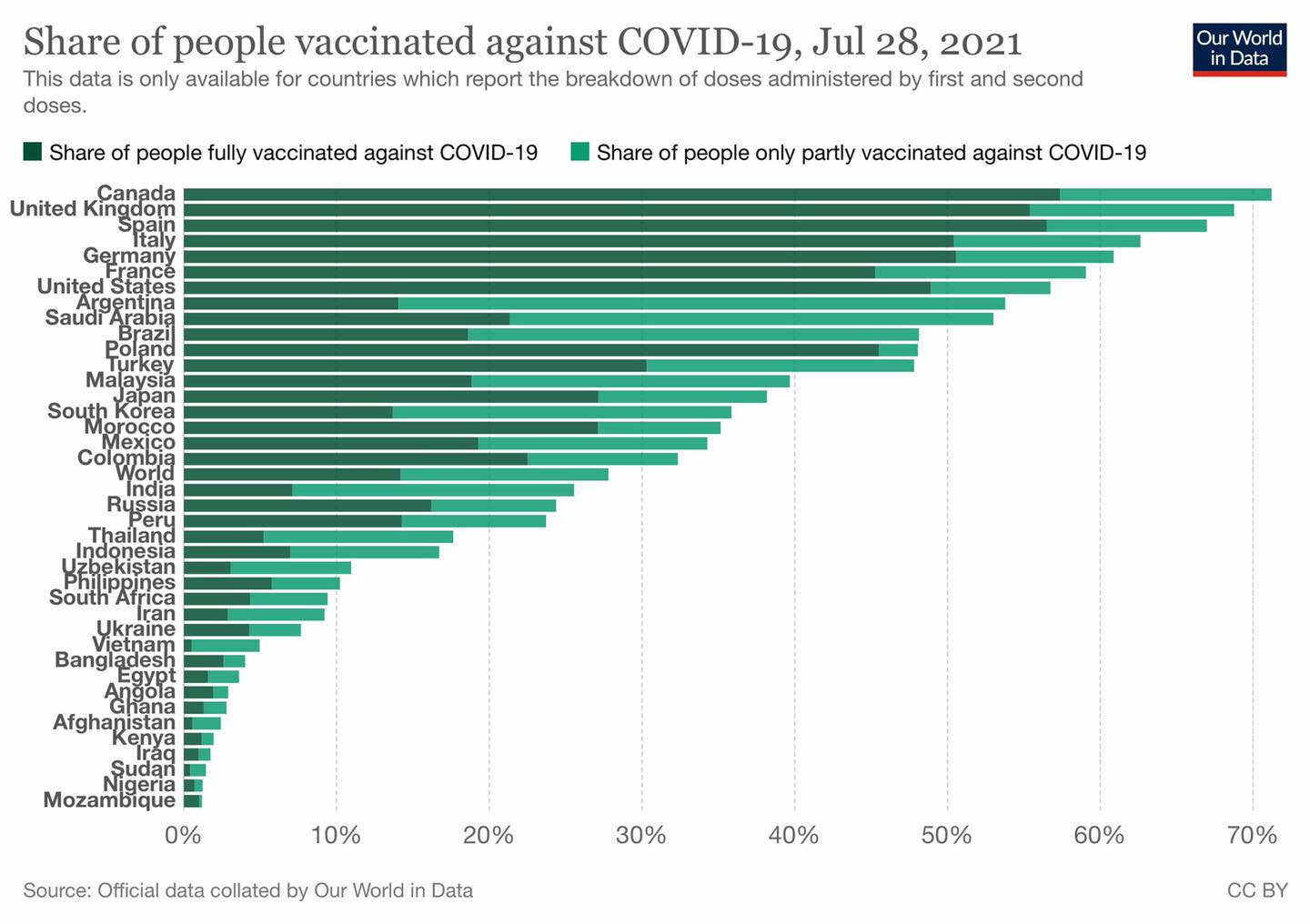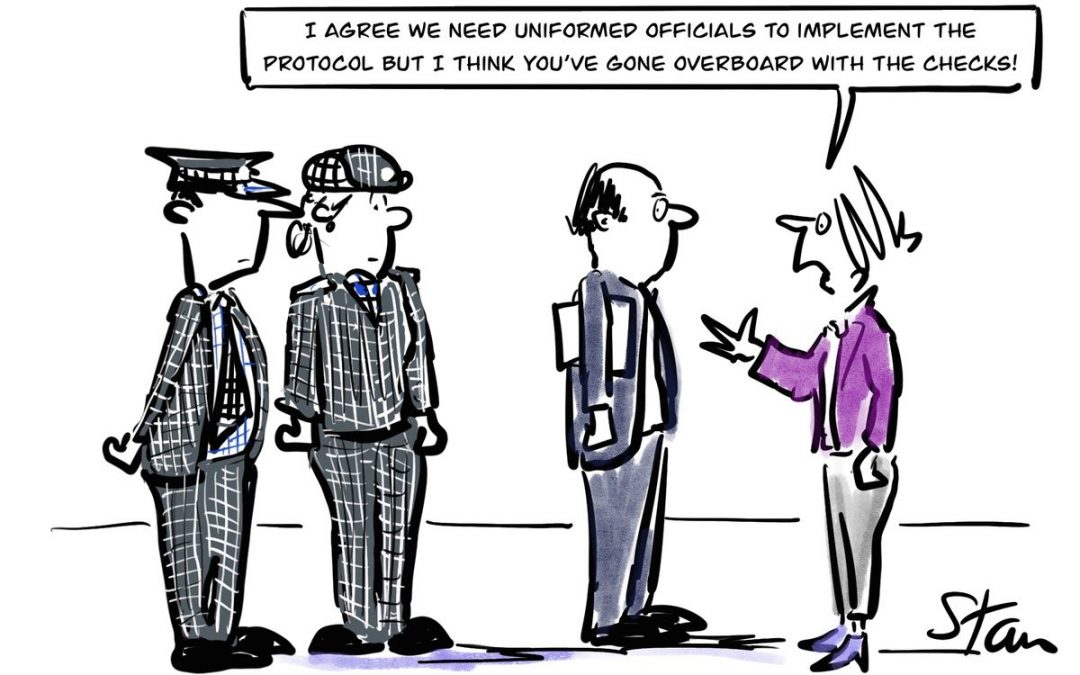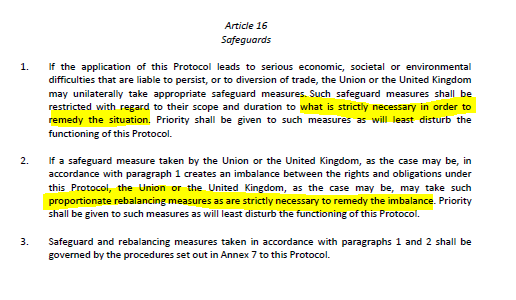
The Spanish Healthcare System – a personal view
In June 2005 we moved to the Southern Costa Blanca of Spain, a region the World Health Organisation declared as one of the most healthy climates in the world, writes Bremain Council member Mike Phillips for Kent Bylines. My wife Anne, as a pensioner, was able to register with the Spanish Health Service. She obtained her national identity SIP health card that confirmed her right to health benefits in Spain.
Although I had four years until my pension, I applied for an E106 health application from the UK Pension Service. I was then able to “jump on my wife’s back” to apply for my SIP card. There was a reciprocal agreement with Spain that the UK would refund Spain annually according to the number of UK residents in Spain registered for health care. UK pensioners who are resident in Spain benefit from this agreement.
Our local access to Spanish Healthcare
In 2002 the Spanish National Healthcare System had been decentralised to the 17 regional Comunidades of Spain,. This gave them autonomy to develop the healthcare information technology infrastructure needed to improve its access to the population, whether living in urban or rural areas.
We had a small clinic with one doctor in our village plus a private doctor, a private dentist and two pharmacies. In our local, administrative town there is a larger Centro Salud (Clinic) with emergency services and a wider choice of doctors and dentists. In Torrevieja, 30 minutes’ drive away, there is an established private hospital and a newly constructed Universitario Hospital that opened in October 2006.
Because of her partial mastectomy my wife suffered from lymphedema of the left arm. We sought advice from our local doctor that we were doing all we could to manage the problem. He made an appointment for us with an Oncologist at the new hospital. This is when we started to discover that, when the Spanish National Health Service has recognised a problem, it follows it through to a final cure
Our early, personal experience
The first step was a 3D scan of Anne’s left arm to create a personally fitted lymphedema sleeve. Also, a course of lymphatic drainage, plus further tests to determine whether any metastasis of the cancer had occurred. It had. They found numerous small nodules in her neck. This led to a series of regular scans and a change of hormone therapy. If the new hospital didn’t have the appropriate CAT or MRI scanners at this stage, they referred her to a specialist hospital in the city of Elche.
Test results were available rapidly to the Oncologist and personal doctor via internet technology. We were also able to log on to our own health portal website to request and check appointments. We could post questions to our doctor and read our medical reports. Prescription charges vary slightly from region to region but in Comunidad Valenciana have been free. Except for one brief period when you could claim back the 10% charge.
Private Health Care
Anne also developed bursitis, tendonitis and frozen shoulder in her right shoulder at this time. I couldn’t bear the agony and constant pain she had, so we visited Pastora, our private doctor who treated the whole person and not just the ailment. Within days she arranged an operation in a private hospital in Murcia, outside our administrative health region.
Within 24 hours the pain was gone. I could even have stayed with her in her room overnight. As I hadn’t been wise enough to take out private medical insurance when moving to Spain it cost me €4,000: a small price to pay to see the smile back on Anne’s face.
Further National Health experience in Spain
Now it was my time. In 2018 a routine blood test gave a high prostate level. A series of scans and a biopsy followed that confirmed cancer, but only in the prostate gland. They referred me to the private hospital for a series of 40 radiation treatments, mainly in the early hours of the morning. They had the latest technology that allowed the beam and dose to be accurately focussed and controlled. It was used fully and they did not charge me for it as the National Health hospital had referred me.
After five sessions a week for two months my prostate level had dropped from 39 to 0.02. They then gave me six monthly injections and a daily pill for 18 months to prevent the cancer returning. I wrote to my Oncologist thanking him and all his staff for their dedication. Foremost for the high-quality standards and pursuit of world beating medical technology that Hospital Quiron demands.
My wife’s emergency
In late September 2019 she developed severe stomach pains and could hardly speak. I dialled 112 for an ambulance and she was kept in hospital overnight for observation. The following morning she had an emergency operation for peritonitis (a one inch split in her stomach) and was put into a coma.
I contacted our twin daughters in Australia who booked the first flights possible and alerted the other children in England. The twins arrived just as Anne came out of the coma. When she was ready to be transferred to a normal ward it was to a private room. That meant that I and our girls also could moved in. It is part of Spanish culture that a family participates in aftercare and they make provision for it.
This cured the peritonitis but she was very weak and needed assistance with breathing via an intelligent ventilator she did not like. When we thought she was stable I sent the girls home to be with their young children for a long planned family holiday. But it was not to be. Less than two weeks later they were on another flight from Queensland to Spain.
Reflections on Spanish Healthcare and the NHS
It is sad to watch the UK NHS being undervalued and underfunded. The only apparent, future strategy seems to be to slowly sell off major elements to offshore businesses. By comparison, I only have praise for the Spanish Healthcare system.
If I have any criticism it is that, sometimes, there is a communication gap between doctors and nurses. This is mainly due to the legal responsibility of doctors for the care of their patients. Some nurses may be reluctant to take action without the sanction of a doctor. On the other hand, I’ve seen even student nurses visit a patient, not because it is time to do so but because he/she wanted to.
In March 2020 Spain had 3.9 doctors per 1,000 population, UK had 2.9. About a third of the 300,000 doctors in the UK come from other nations, of which just under a third are Indian and Filipino. Is this sustainable under the current immigration policy? The World Economic Forum and Bloomberg consider the Spanish Healthcare system the 7th best in the world. It is the most efficient in Europe and amongst the top worldwide with Hong Kong, Japan and Singapore.
If you’re thinking of moving to Spain, concern over healthcare should not prevent you. Just do your homework as in everything. Read for example an article written for local Spanish media by Sue Wilson MBE, Chair of Bremain in Spain prior to the last UK election.





